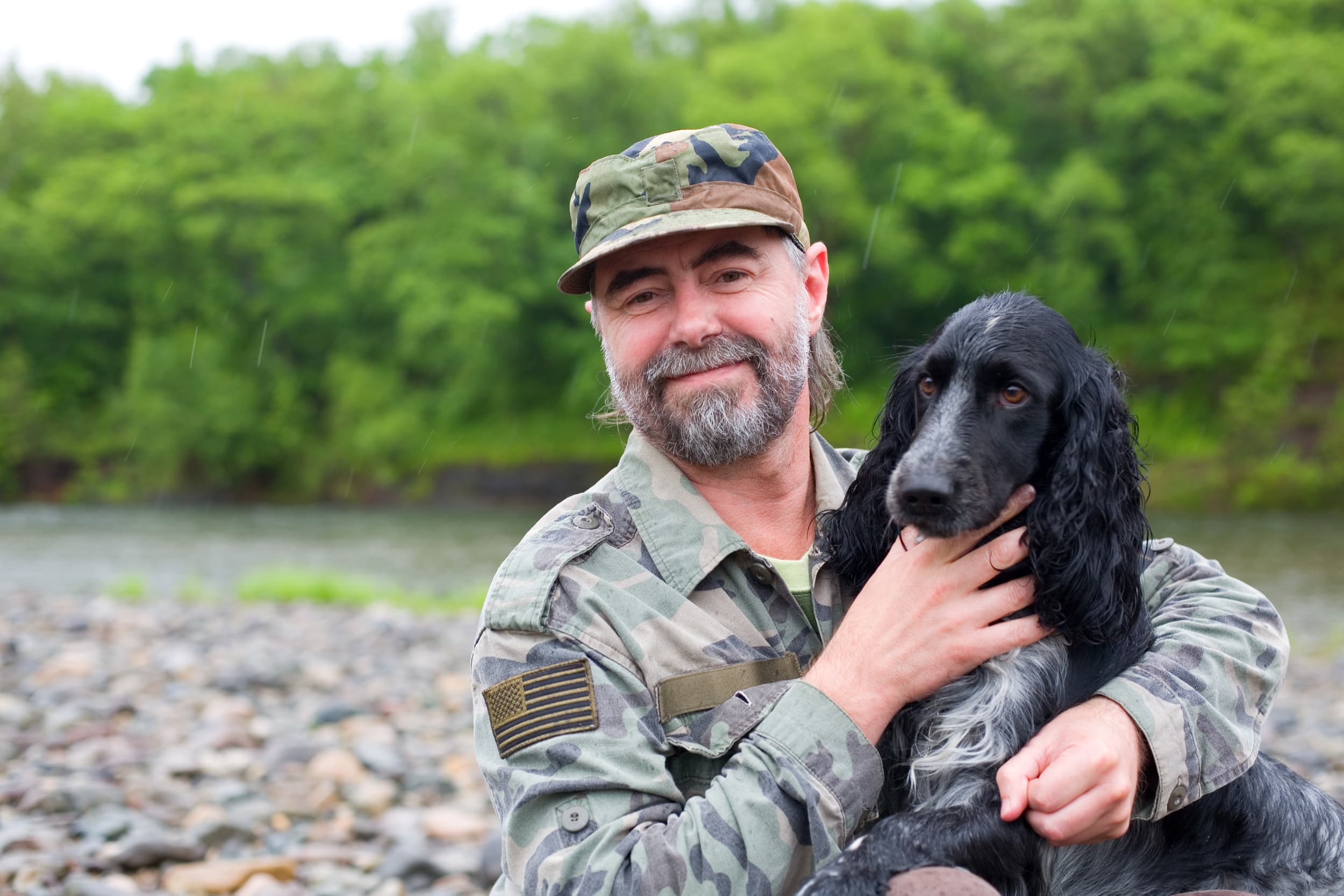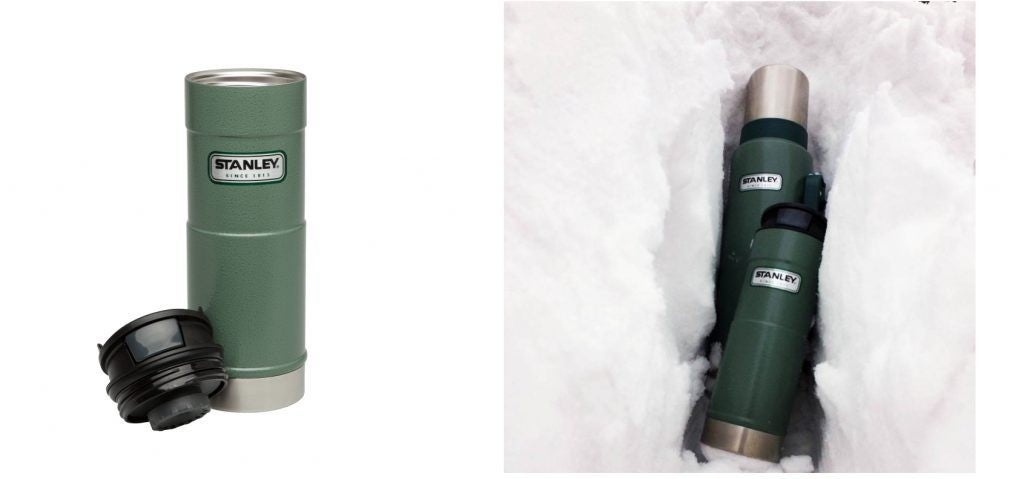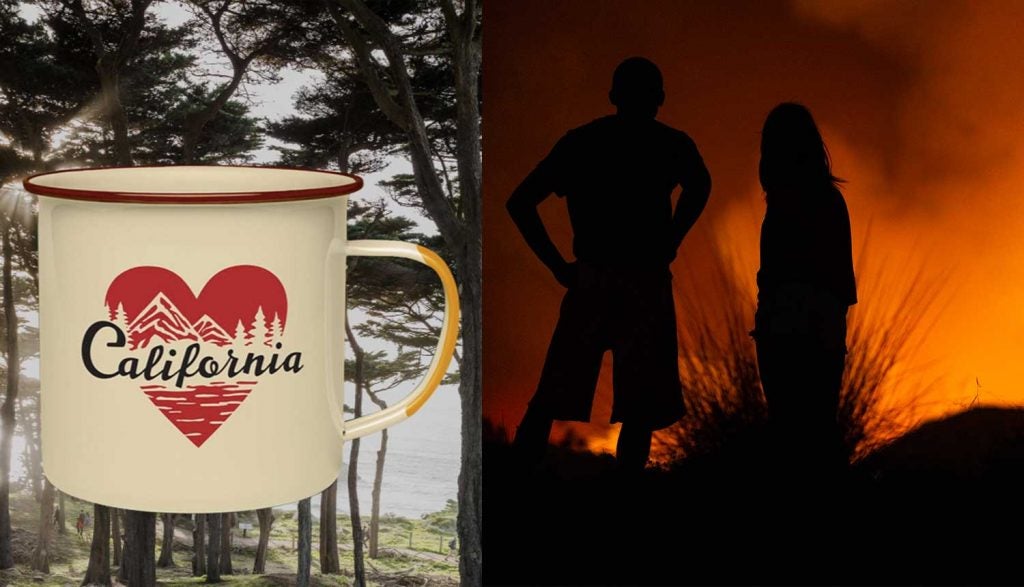This article about using wilderness therapy programs to help veterans was brought to you by our friends at Midland radio, whose two-way radios are trusted for clear crisp communication on the farm, jeep trail, and backcountry.
Although the Appalachian Trail was completed in 1937, the first thru-hike wasn’t until 1948 when World War II veteran Earl Shaffer decided to hike “the Army out of my system,” as he put it. He thru-hiked the trail two more times in his lifetime. Shaffer discovered the therapeutic and healing benefits of nature.
It seems that from the mid-1800s to the mid-1900s, people recognized the need for nature. Great poets and philosophers like Henry David Thoreau, John Muir, Ralph Waldo Emerson, and even Earl Schaffer knew that humans needed nature beyond the tangible resources it provided. We needed it for our mind, body, and soul.
Using Wilderness Therapy Programs to Help Veterans Heal
Many veterans struggle with the residual effects of combat. Whether it’s a physical injury or emotional trauma, our veterans often need help to acclimatizing back to civil life. One of the ways we can help our vets heal is by helping reconnect them to the land they fought and sacrificed for.
Health Benefits of Nature
Muir, Thoreau, and Emerson would be pleased to see a resurgence of the use of wilderness for therapy. Using nature as a salve has become more mainstream in the past few years, seen in popular culture like Reese Witherspoon’s blockbuster portrayal of Cheryl Strayed’s Wild and Florence Williams’ investigative book The Nature Fix. Writers and veterans are not the only ones to notice the benefits of getting some fresh air, however; doctors in Scotland are even beginning to prescribe it.
In October 2018, the National Health Service in Scotland’s Shetland Islands began their new health initiative—nature prescriptions. This new initiative is the result of an 8-year study in the U.K. that women living the closest to green spaces had 12 percent lower mortality rate than women who lived in the least green spaces. The study found spending time in nature resulted in decreased blood pressure, anxiety, depression, stress, aggression, and ADHD symptoms, while increasing happiness and strengthening the immune system.
To battle a myriad of mental health issues including nature deficit disorder, anxiety, depression, and post-traumatic stress disorder, many are turning to simple practices like forest bathing, and even to more extreme measures like thru-hiking.
Hiking through Post-Traumatic Stress Disorder
https://www.youtube.com/watch?v=azwxA0CMqu8
Iraq War veteran Will Robinson discovered that hiking the Pacific Crest Trail was more effective in relieving his PTSD, anxiety, and depression than any other therapy methods. After thru-hiking both the Pacific Crest and Appalachian trails, Robinson plans to complete the Continental Divide Trail in 2019—which will earn him the monumental Triple Crown. Did you know there are more long-distance hikes than the Triple Crown trails? If you’re looking for big miles and big views, then check out these less-traveled thru-hikes.
Joshua Brandon, another Iraq War veteran, began going on mountaineering expeditions between his 2nd and 3rd tours of duty. During his attempts to summit Mt. Rainier with his active duty platoon leaders, he thought that they were drawn to the challenge because it reminded him of the “best parts of combat…a small, tight group testing ourselves and depending on each other in a dangerous environment to accomplish a shared goal.” He began to realize that they were actually “healing the wounds of war in on our minds, bodies and souls.”
Brandon’s discovery of the healing benefits of nature’s challenges lead him to starting his own nonprofit, Hound Summit Team. It has also lead him to a partnership with REI and the University of Washington to conduct a two-year pilot study on the positive impact of group hiking expeditions for veterans with PTSD.
Dacher Keltner, a UC Berkeley psychology professor, help conduct a study of 180 military veterans and at-risk youth who were experiencing PTSD symptoms. The study participants went on a 1 or 2-day whitewater rafting trip. One week after the trip, participants reported a 30 percent reduction in their PTSD symptoms and a 10 percent increase in reported happiness and overall wellbeing. Keltner said, “Time outdoors changes people’s nervous systems…it is as effective as any PTSD intervention we have.”
5 Wilderness Therapy Programs that Help Veterans
Help our servicemen and women beyond Veterans Day with these five wilderness therapy programs.
1. Project Healing Waters Fly Fishing
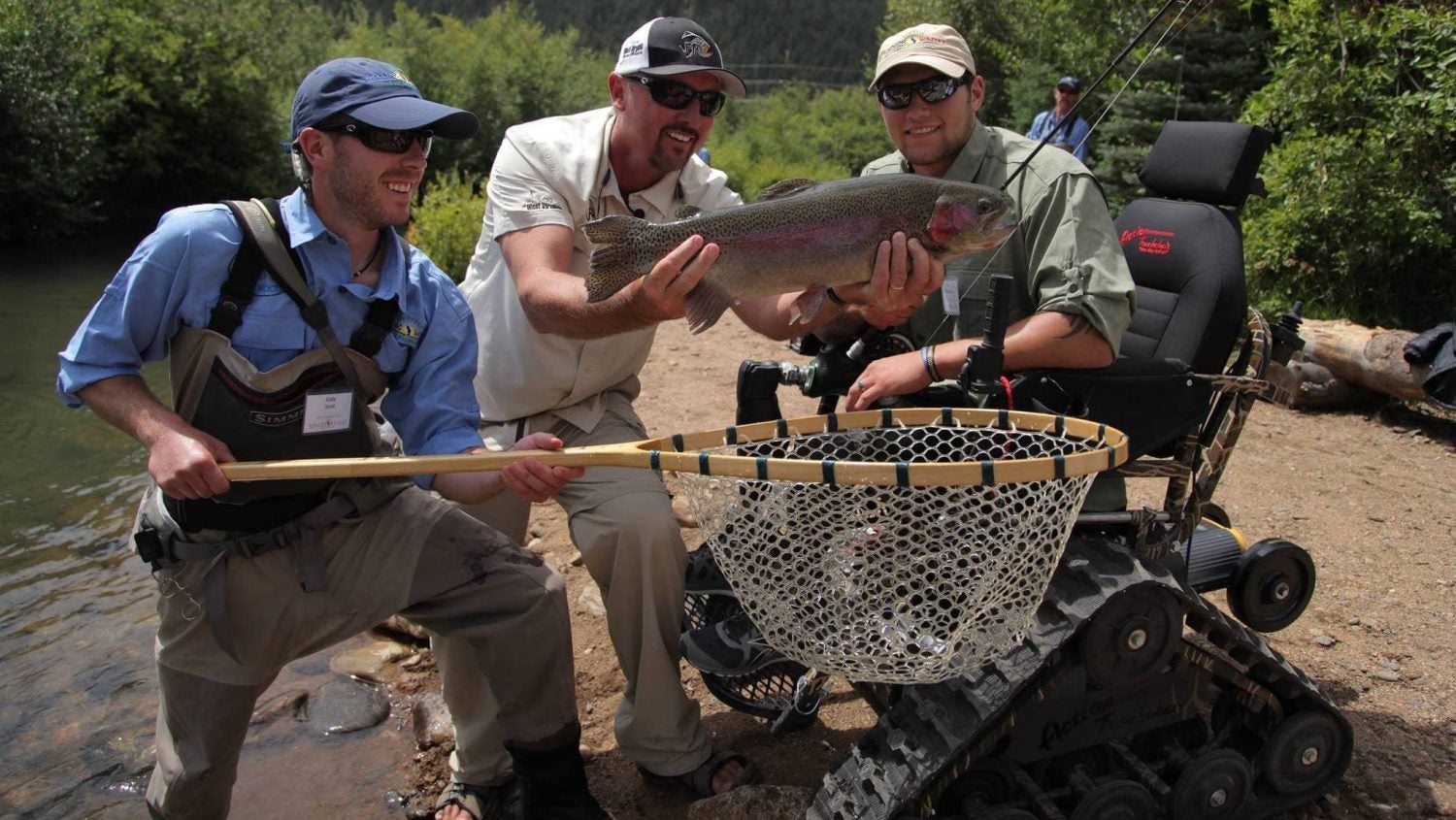
Image from Project Healing Waters Fly Fishing
Beginning in 2005, Project Healing Waters Fly Fishing (PHWFF) helps veterans recover through a full-spectrum fly-fishing program. PHWFF has over 206 active programs spread across 50 states and works to help veterans recover from emotional and physical traumas from combat. This nationwide program has even been recognized as “an innovative leader and model in the field of therapeutic outdoor recreation for the disabled” by using fly-fishing as a successful rehabilitation tool.
One PHWFF participant said “You all saved my life. And I don’t say that lightly. This program has turned my life around and I want to be part of life again. I found hope on the river.”
2. Veterans Expeditions
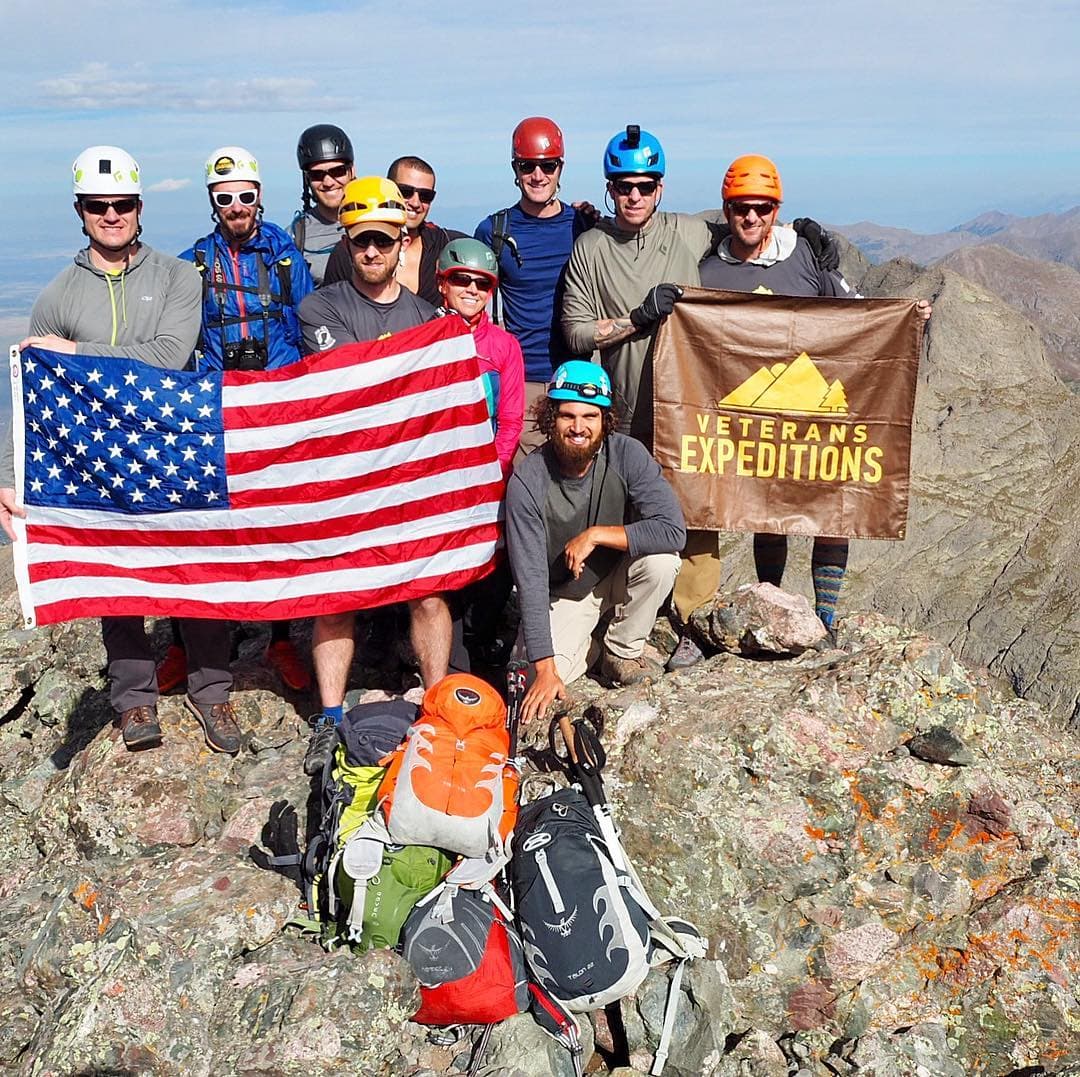
Image from Veterans Expeditions
Veterans Expeditions uses a holistic approach to help veterans heal. They focus on the mind and body, and aim to give purpose back to veterans. They’ve created a supportive community of veterans and volunteers to help heal the mind. They heal the body by getting vets outdoors, and helping them reconnect to nature. Finally, they bring purpose back into the lives of vets by creating employment opportunities in the outdoor industry. This organization offers a variety of veteran-led trips including backpacking trips, mountaineering expeditions, rock climbing, whitewater rafting, mountain biking, and even golfing.
The three pillars of Veterans Expeditions help improve the quality of life for veterans coping with the challenges of returning from combat and adjusting to civilian life.
3. Warrior Expeditions
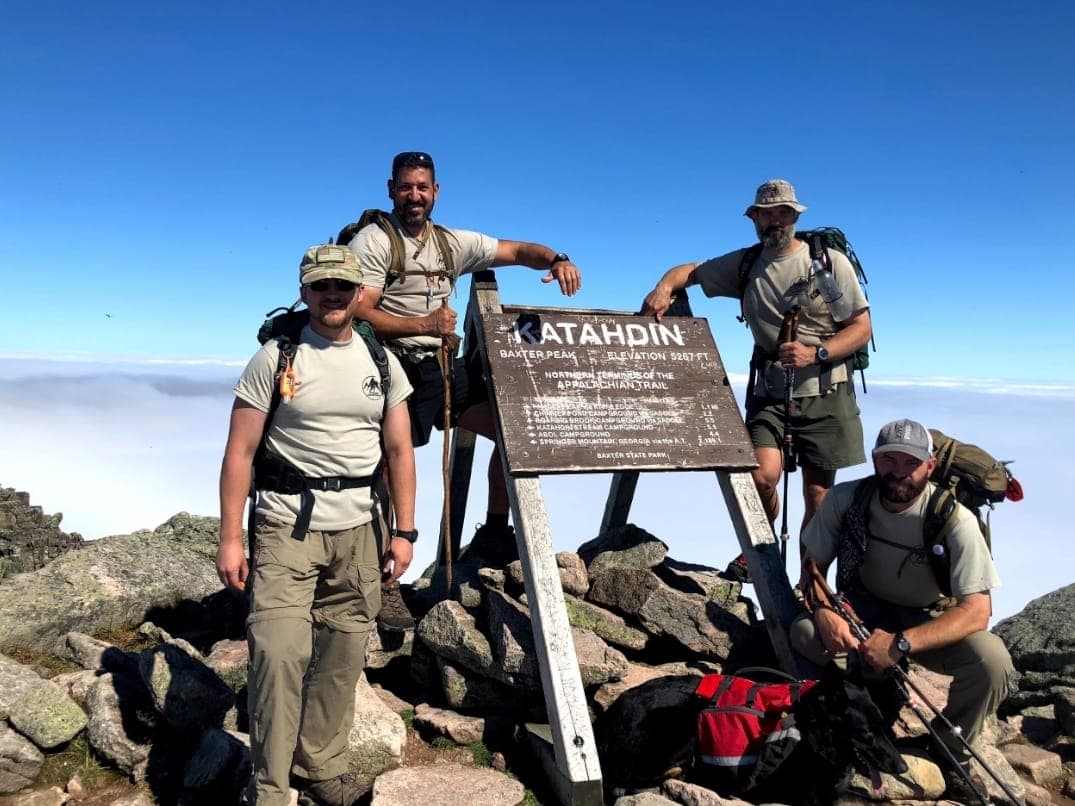
Image from Warrior Expeditions
Although named similarly to the previous organization, Warrior Expeditions offers a completely different service. They help veterans by providing the gear, clothing, lodging, and meals needed to complete a long-distance outdoor expedition at no cost to the veteran. But beyond providing gear, this program supports veteran expeditions through a $300 monthly stipend to vets for resupplying during expeditions, as well as coordinating support along the trip. For example; the group offers transportation, lodging, and additional assistance from community supporters along the journey.
Warrior Expeditions partner with several psychologists and have determined that a three- to six-month outdoor expedition would provide veterans the space and opportunity to decompress after deployment, and begin the healing process after wartime. Their program and community of supporters are dedicated to “facilitating a veteran’s reintegration into society, restoring their faith in humanity, and building a network of life-long friendships and relationships.”
4. No Barriers Warriors
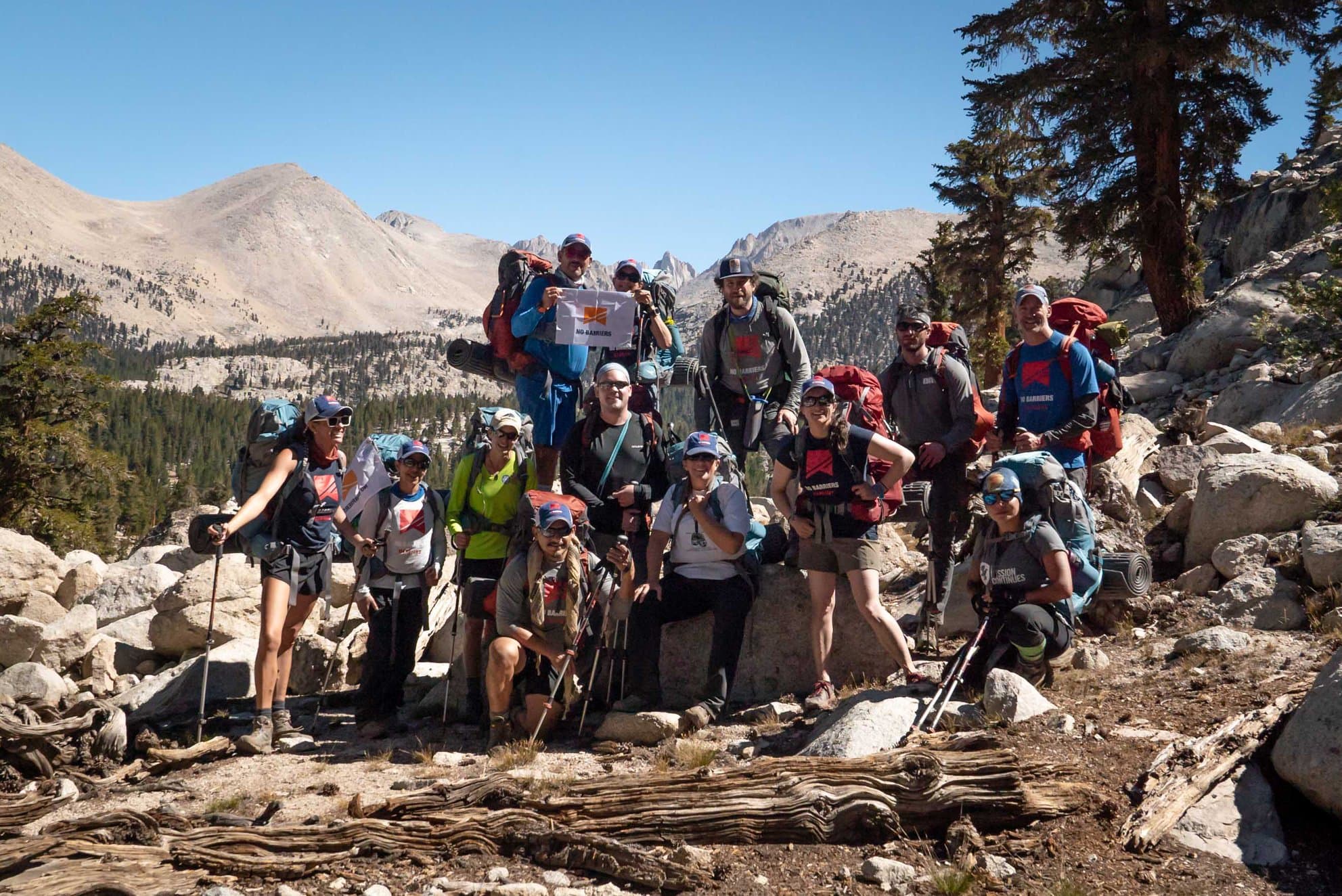
Image from No Barriers Warriors
Unlike some of the organizations mentioned, No Barriers Warriors is able to specifically help veterans with disabilities. This program is a branch of No Barriers U.S.A. After No Barriers U.S.A. partnered with the nonprofit Soldiers to Summits to film the documentary “High Ground”, they discovered there was an opportunity to expand their impact and No Barriers Warriors was born.
This organization uses curriculum-based phases to help disabled vets thrive through hardship and adversity. Program participants can choose from a five, seven, or nine-day backcountry expedition. Each trip is designed to teach through physical challenges. Each adventure package includes airfare, gear, ground transportation, and meals for the trip.
A program participant and Air Force veteran said, “with this program, it has changed my life. I’m a better father, husband and grandfather for it—and a better person.”
5. Huts for Vets
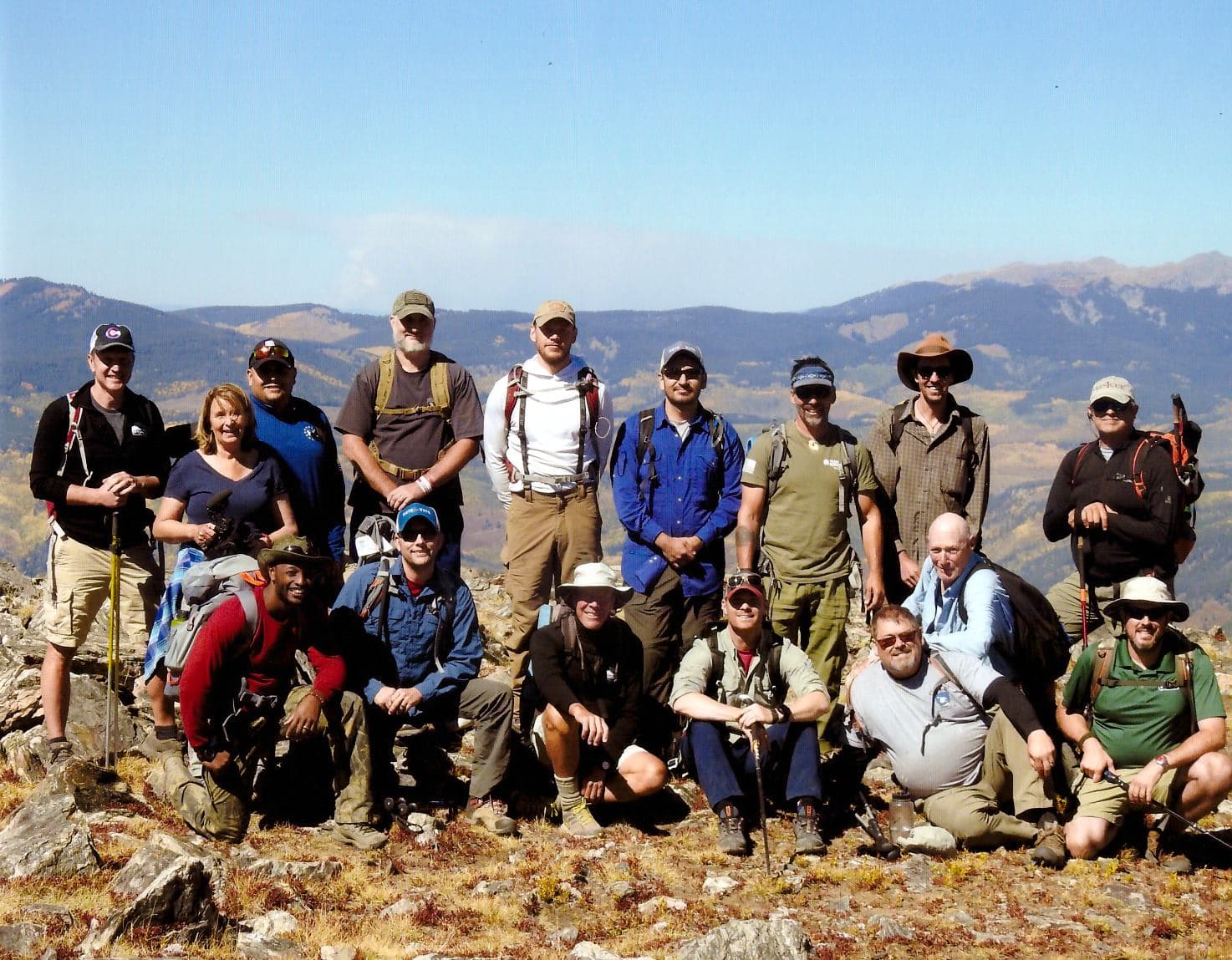
Image from Huts for Vets
Huts for Vets is located in Aspen, Colorado and offers free wilderness therapy programs to help veterans. The program covers transportation, food, and lodging for expeditions, so participants can focus their energy on the wilderness therapy. This four-day program combines the physical challenge of hiking with introspective discussions from assigned readings. Trip participants engage in moderated discussions while accessing the healing powers of nature. To keep these philosophical conversations comfortable, the programs and curricula are gender-specific at this time.
This program has been running for six years and so far has helped over 180 veterans. Iraq War veteran and Huts for Vets participant Chris B. said, “Being in this wilderness has helped me understand the value, quality and significance of these wild places. The men here have taught me that I must improve myself in order to enjoy the freedoms that we all fought for.”
Whether it’s a green space like a city park or six months on trail thru-hiking, we all need nature. Research has proven it’s benefits for our physical health and especially our mental and emotional health. These organizations, along with many others, offer an outlet for our veterans to heal and give them a new lease of life.
The Dyrt is the only camping app with all of the public and private campgrounds, RV parks, and free camping locations in the United States. Download now for iOS and Android.Popular Articles:
Articles on The Dyrt Magazine may contain links to affiliate websites. The Dyrt receives an affiliate commission for any purchases made by using such links at no additional cost to you the consumer.

